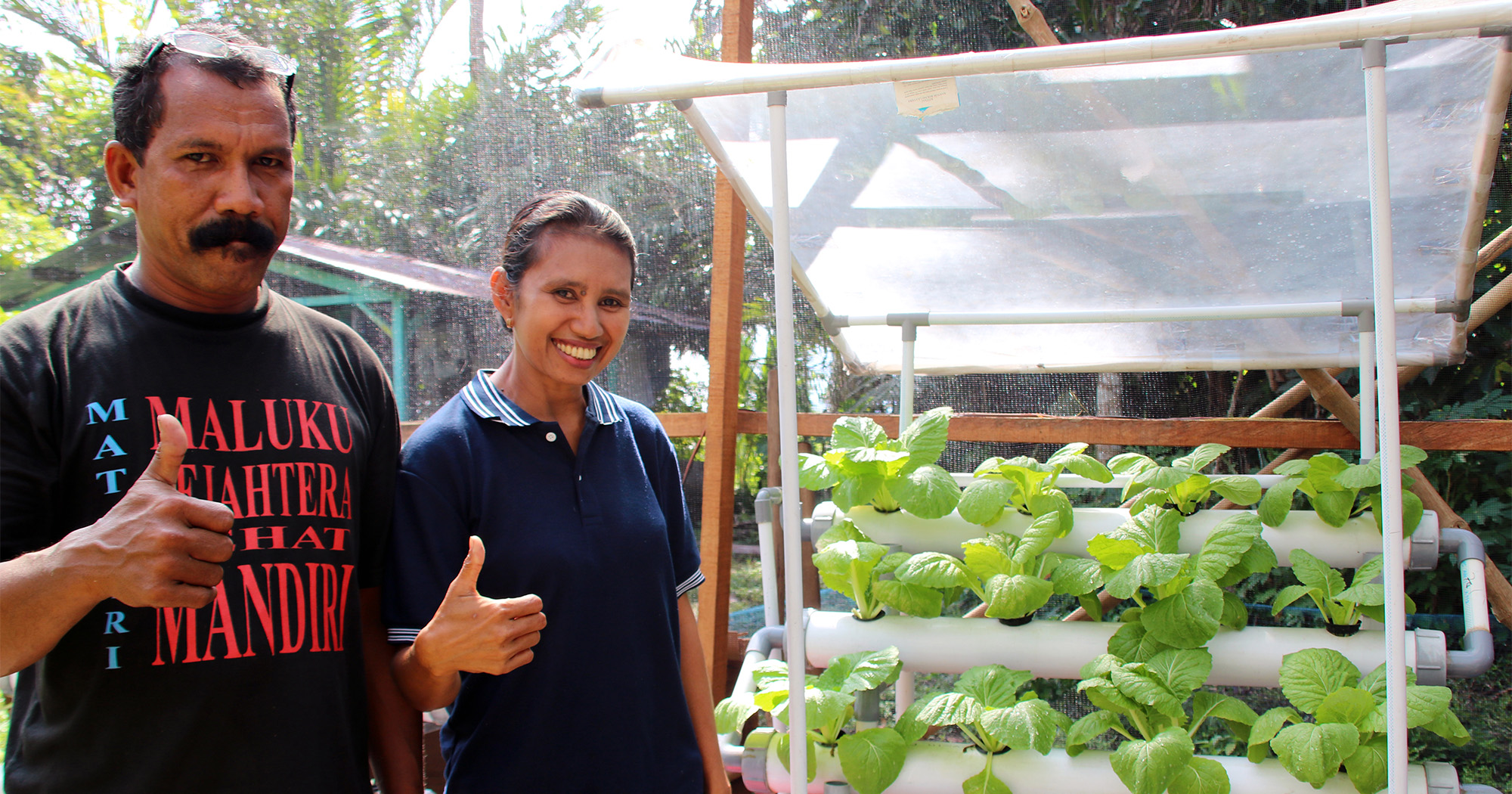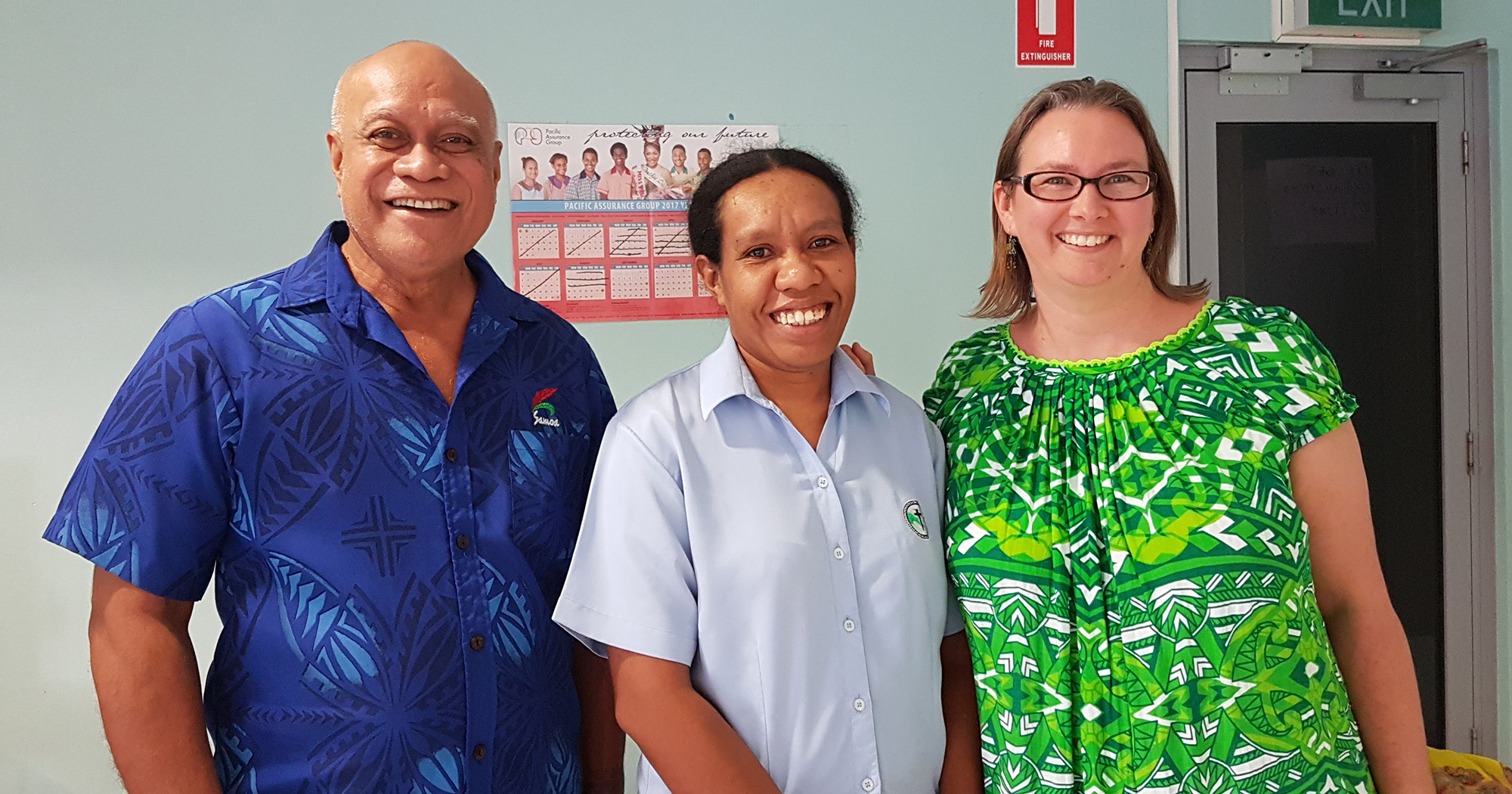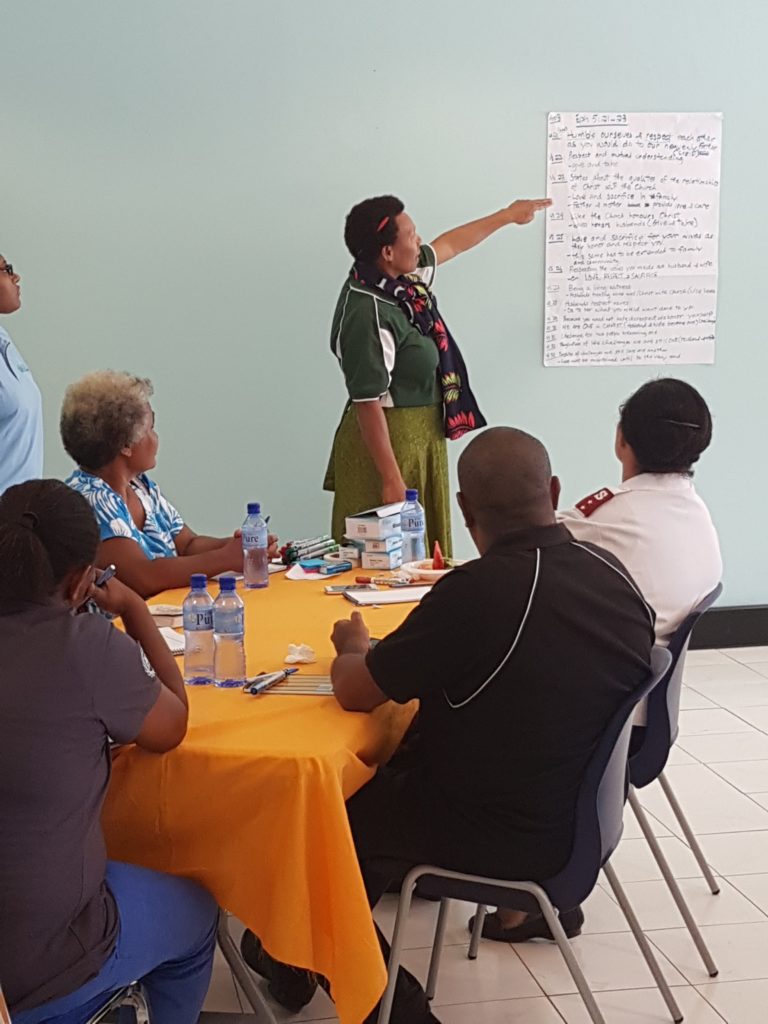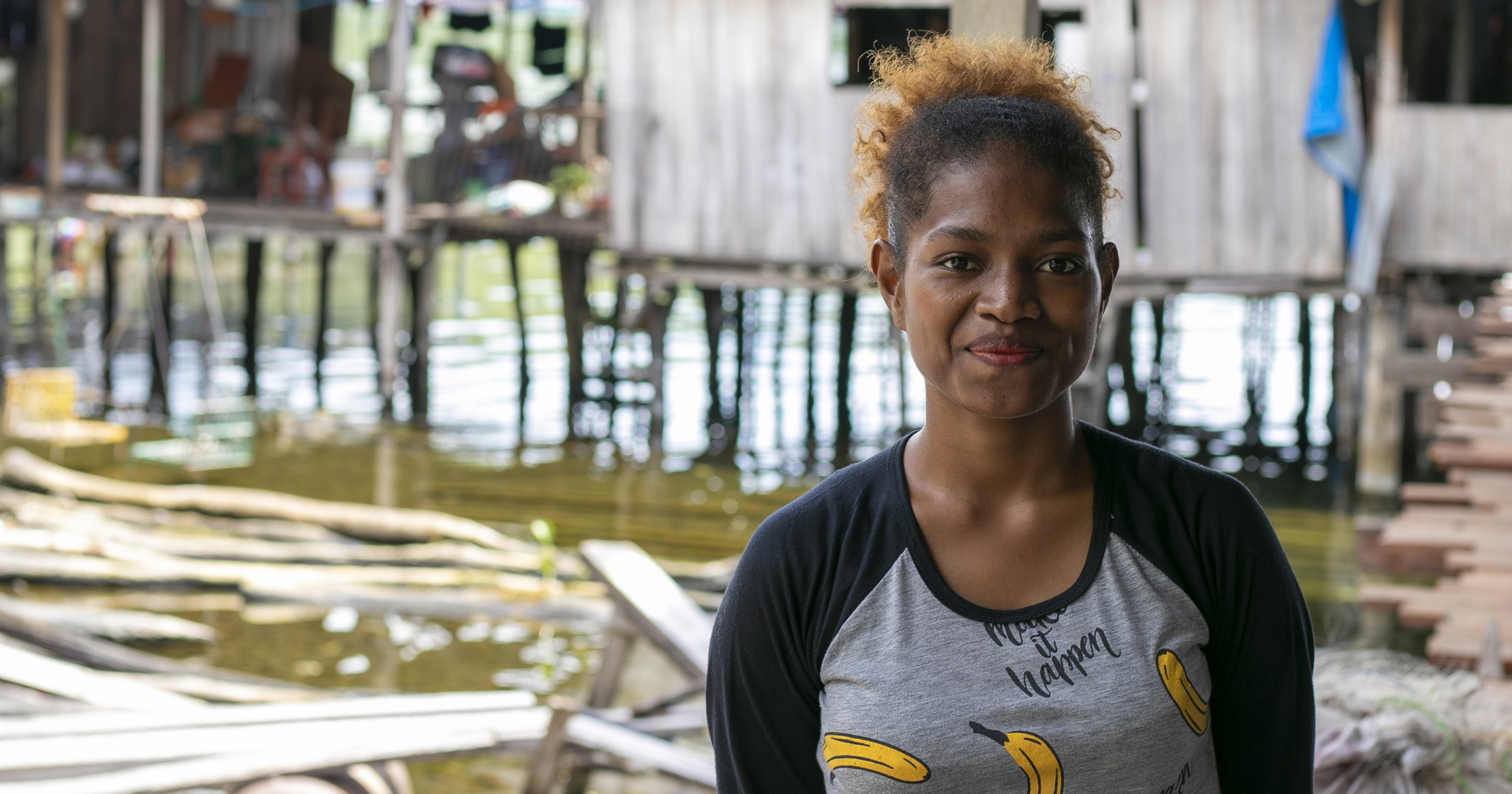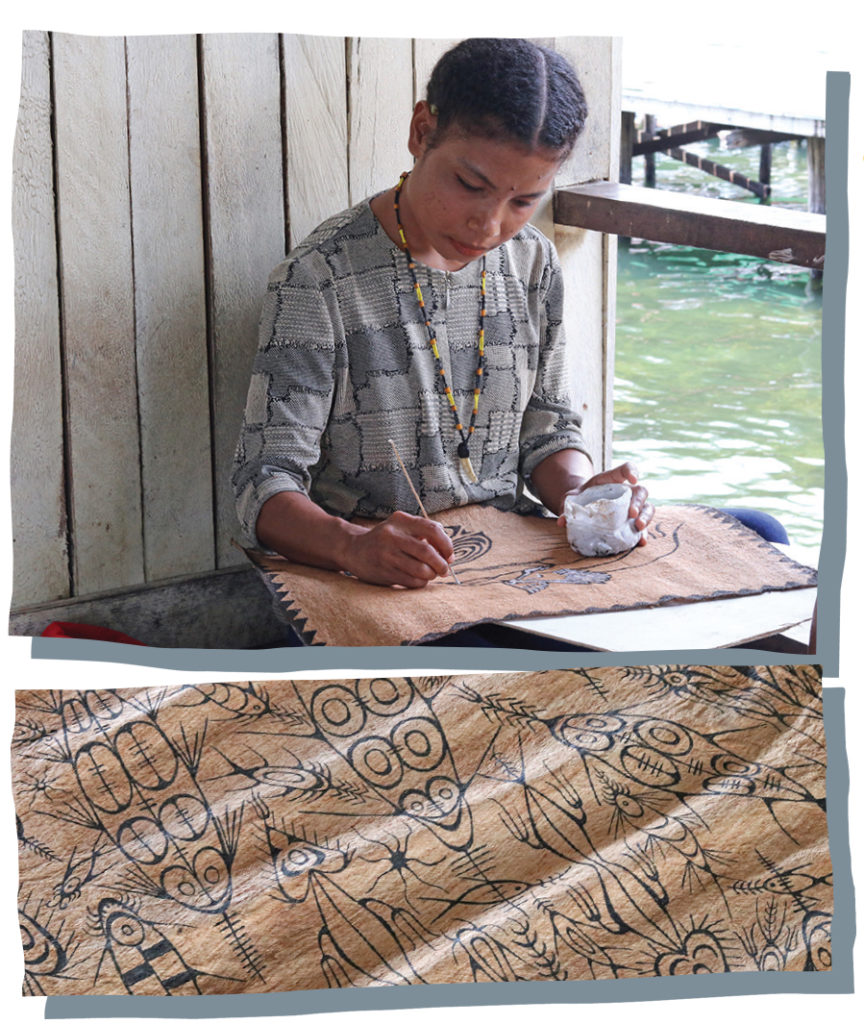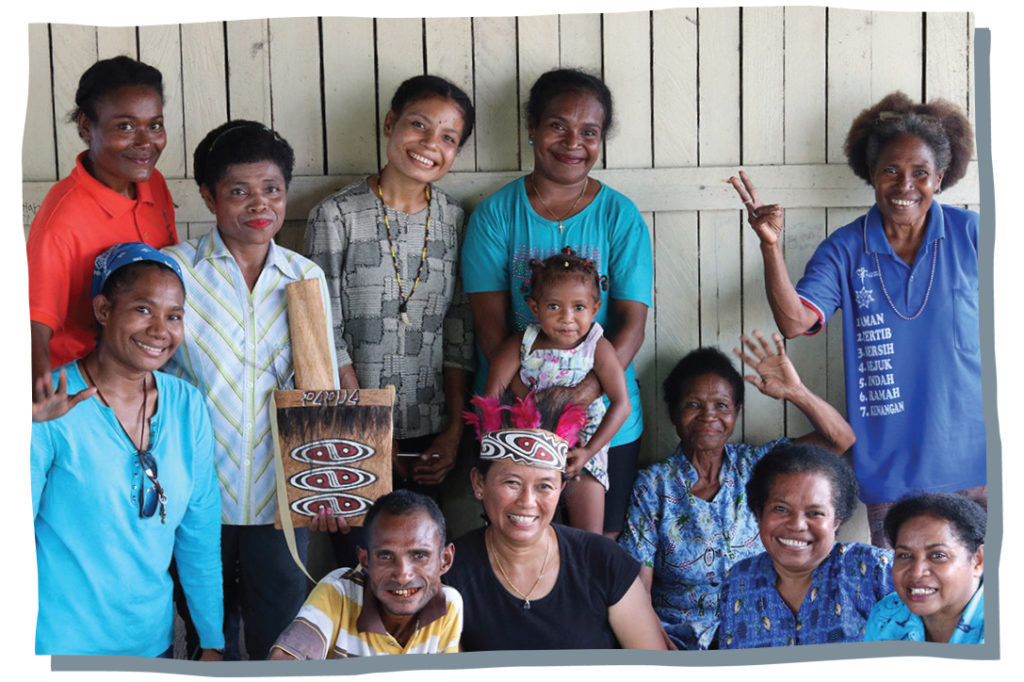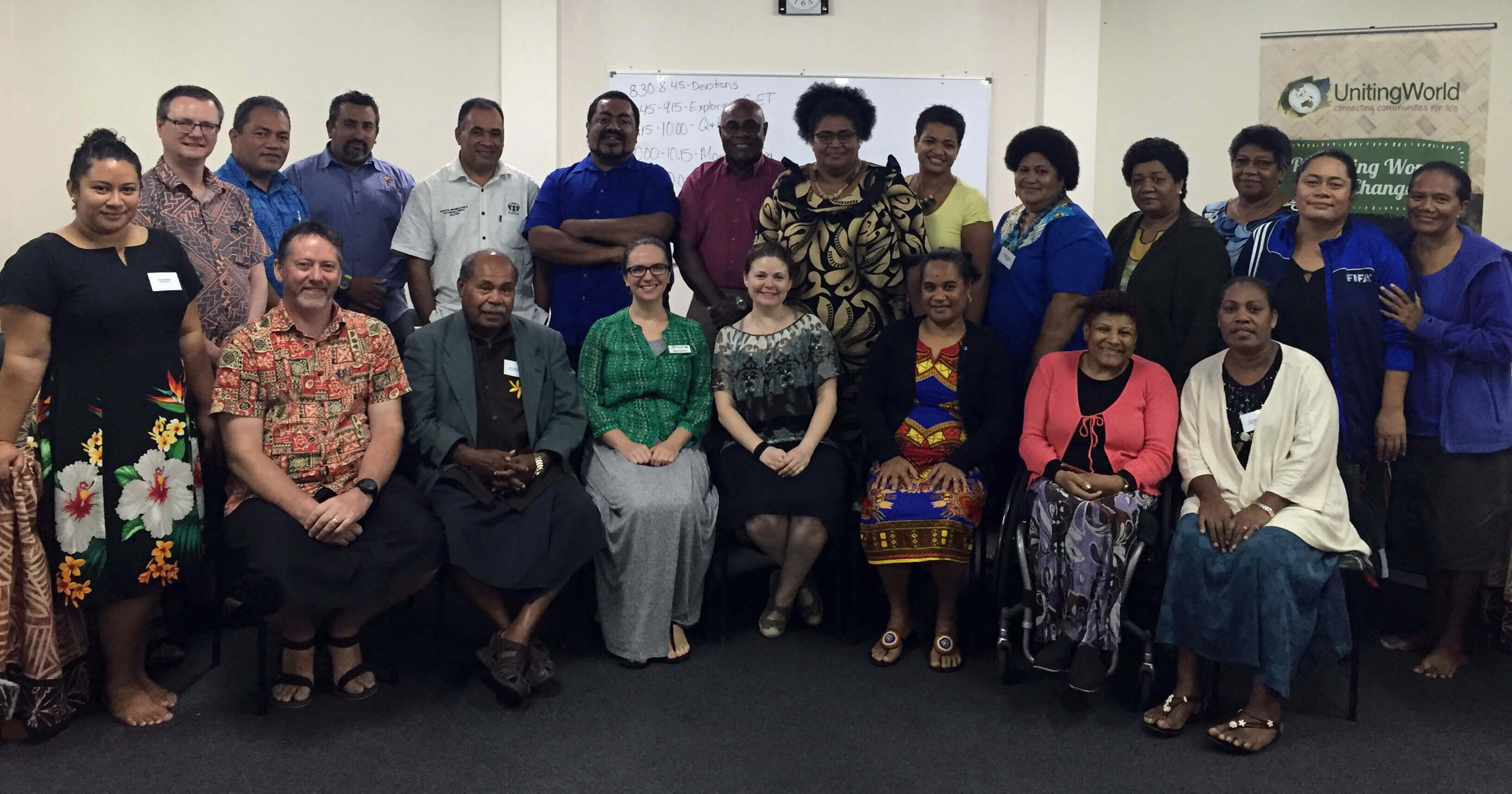UnitingWorld has facilitated a forum in Fiji to bring together civil society groups, faith-based agencies and educators from across the Pacific to discuss the role of biblical interpretation in progressing human rights and gender equality.
The two-day forum, held over 9 and 10 April at the Pacific Theological College, was designed in response to requests by Pacific civil society organisations (CSOs) that wanted to help widen the conversation on how biblical themes of gender can promote equality for all.
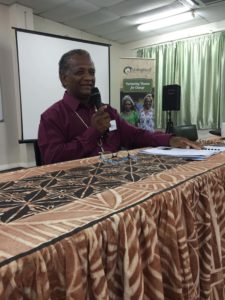
Representatives from 19 CSOs, faith groups and universities representing Fiji and the broader Pacific region made up a diverse group for the forum.
UnitingWorld has been working alongside Pacific churches to explore biblical themes of human relationships based on equality. The work is part of a project supported by Australian Aid within the Department of Foreign Affairs ‘Pacific Women Shaping Pacific Development’ initiative.
A major aspect of the project is facilitating theological discussions with national church leaders, Christian educators, church ministers and lay leaders, women’s fellowship organisations and youth to re-examine biblical messaging about the inherent equality of men and women as created equally in the image of God.
This has also meant a process of unlearning old patriarchal gender interpretations and opening fresh views on human dignity founded on biblical equality. Through this vital work, social issues such as violence against women, girls and children are then addressed through the lens of this biblical understanding, and churches are both challenged and empowered to be key agents of change.
“The aim of this forum was to bring church and civil society together as a unified mission to address issues surrounding gender inequality,” said UnitingWorld’s Associate Director for Pacific Programs, Bronwyn Fraser.
“It opens the discussion on resourcing to better work collaboratively to overcome the hurdles often experienced when addressing important but sensitive gender issues.”
“The resulting connections, networks and opportunities for working collaboratively across agencies is vital for long-term effective transformation.”
While the forum was interrupted by the threat of Tropical Cyclone Keni, significant progress was made by the conversations to open avenues for collaboration and to identify what resourcing and support UnitingWorld can direct into the CSO space on gender equality and the elimination of violence against women, girls and children.
CSO representatives who attended the forum were happy the conversations with churches and FBOs went so well.
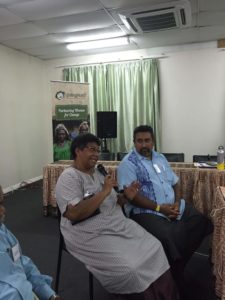
“The forum was very important because it enabled us to discuss issues that we usually do not talk about with the different church denominations,” said Matelita Seva–Cadravula, Executive Director for Reproductive Family Health Association of Fiji.
“It will be very helpful in addressing bottlenecks within the church with regards to gender and human rights. We will certainly utilise the approach during our community outreach.”
Mr Tura Lewai, a representative for the International Planned Parenthood Federation, said greater collaboration between churches and CSOs over past years has already stated bearing fruit.
“To actually have the affirmation and support by the churches and basing it on the Bible will be a powerful tool for change. I already see the paradigm shifts happening as we use the tools with our member association, and them with their communities,” he said.
Ms Fraser says an added positive outcome of such forums is that they flow into other social issues.
“One of the very exciting insights from this forum for UnitingWorld is seeing that both churches and CSOs are grappling with other prominent social issues, such as teenage pregnancy and recognising and including people within LGBTIQ communities.”
“Another is seeing the powerful role that this theological approach can play in supporting and resourcing CSOs, FBOs and churches in working for broader transformation in communities.”
Ms Seva–Cadravula agrees.
“We would love to see the same theological approach for sexuality and sexual and reproductive health,” she says.
A follow-up forum is planned for May this year.

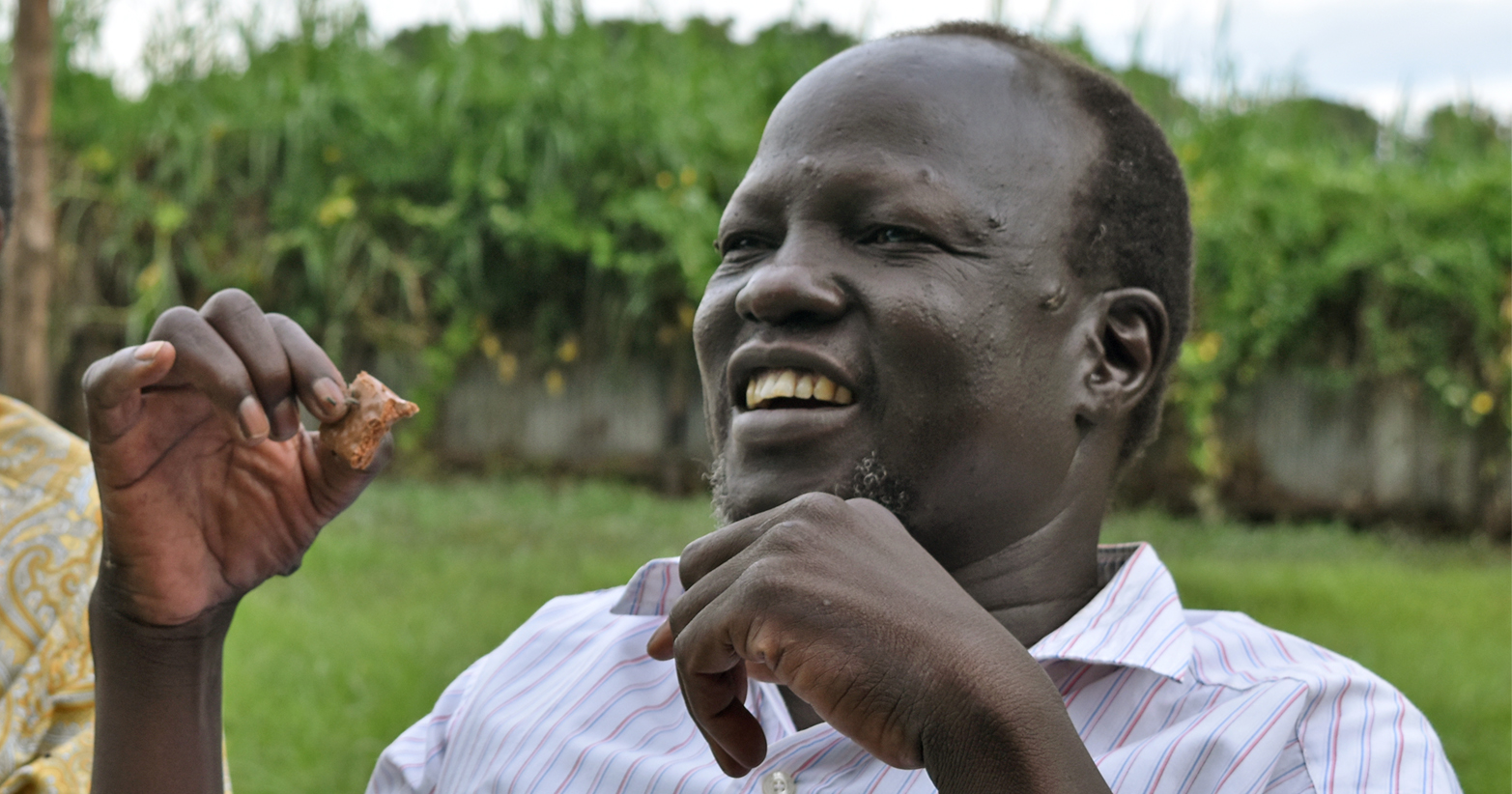
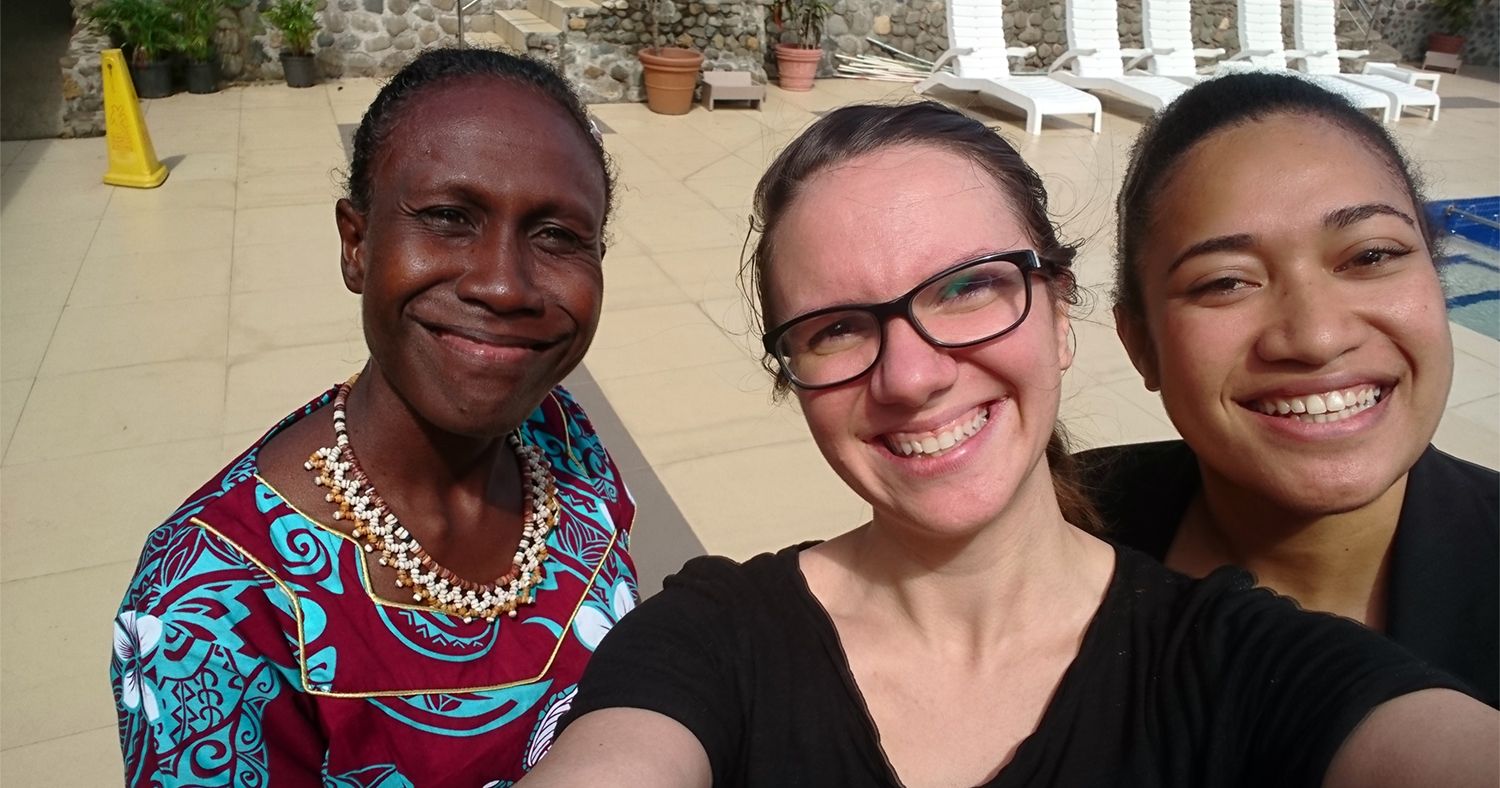


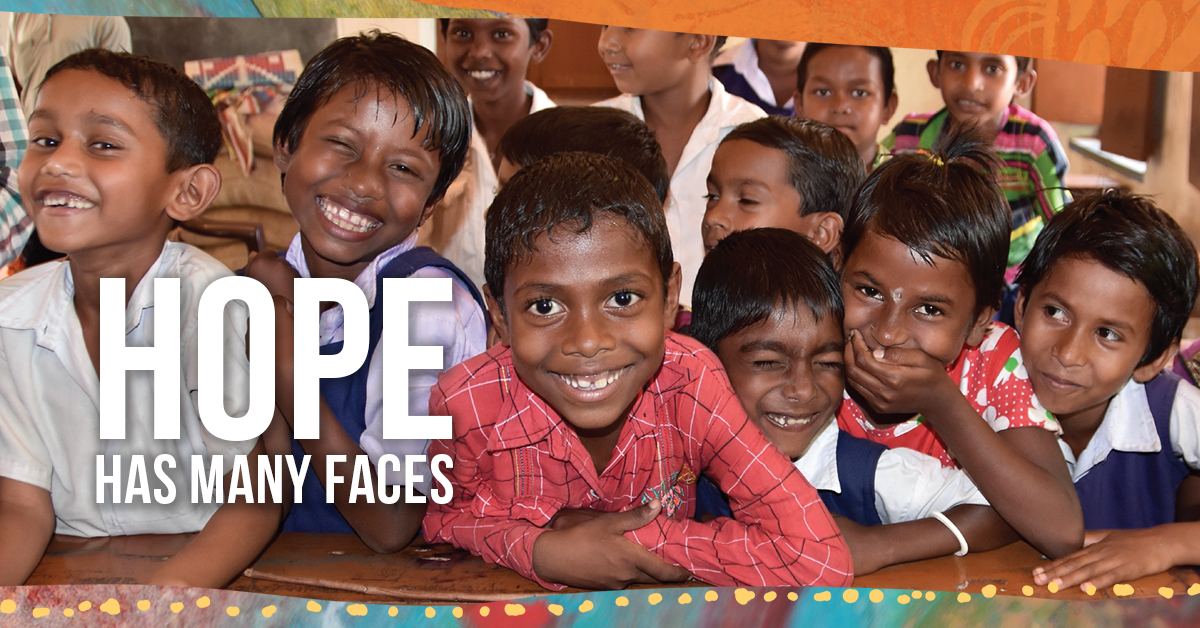
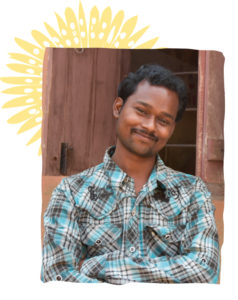
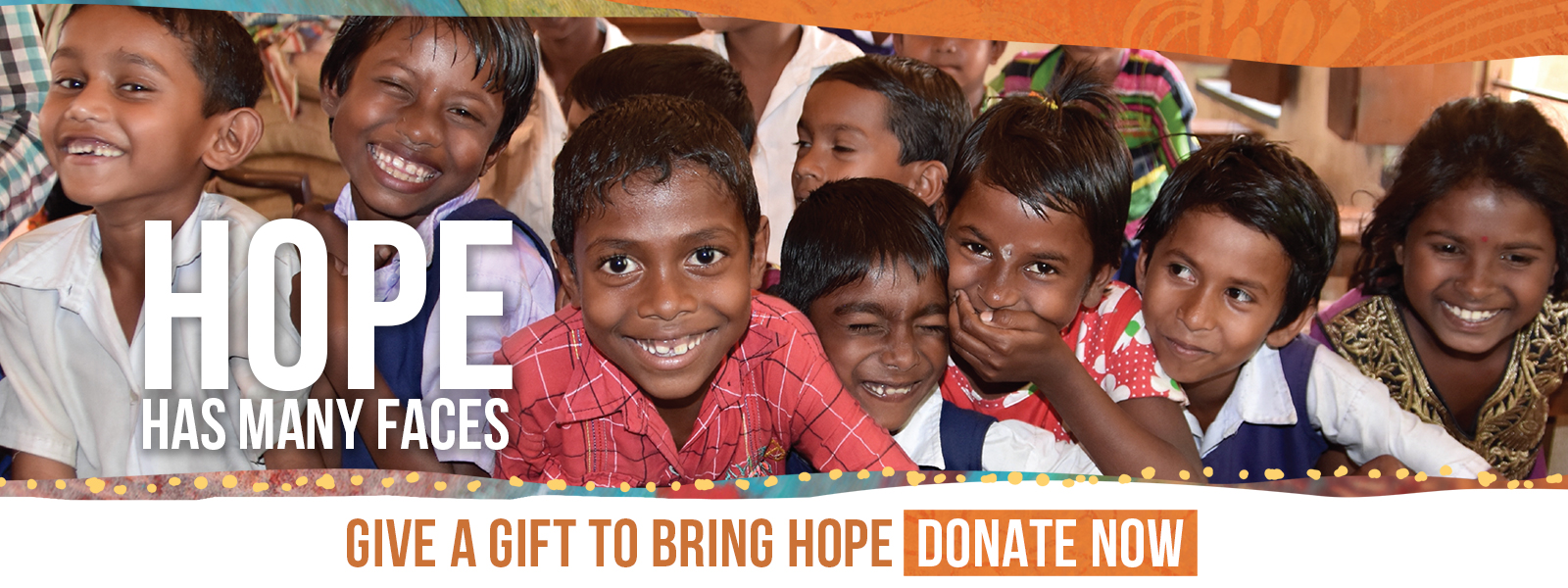
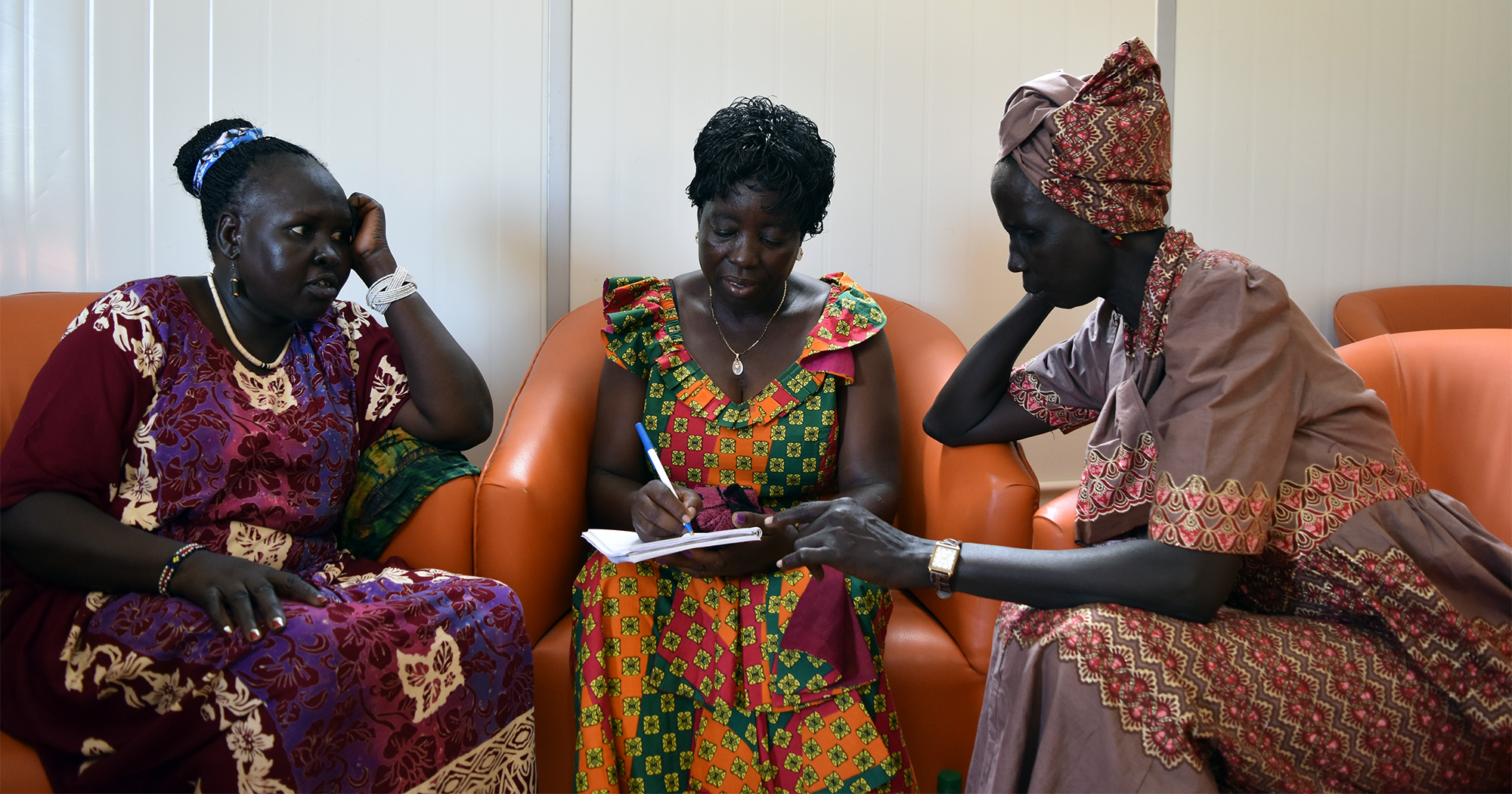
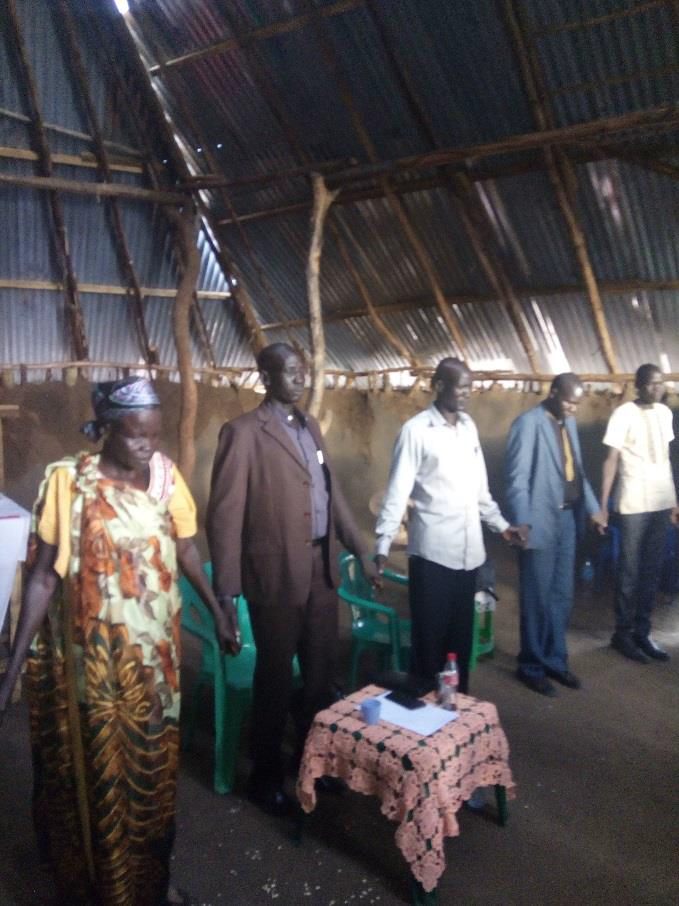 The workshop focused on reconciliation and finding the root causes of conflict. The facilitators spoke about mercy, forgiveness and turning away from tribalism towards repentance. Following the close of the workshop, participants expressed their deep appreciation for the materials and asked for additional and more in-depth workshops to be held.
The workshop focused on reconciliation and finding the root causes of conflict. The facilitators spoke about mercy, forgiveness and turning away from tribalism towards repentance. Following the close of the workshop, participants expressed their deep appreciation for the materials and asked for additional and more in-depth workshops to be held.